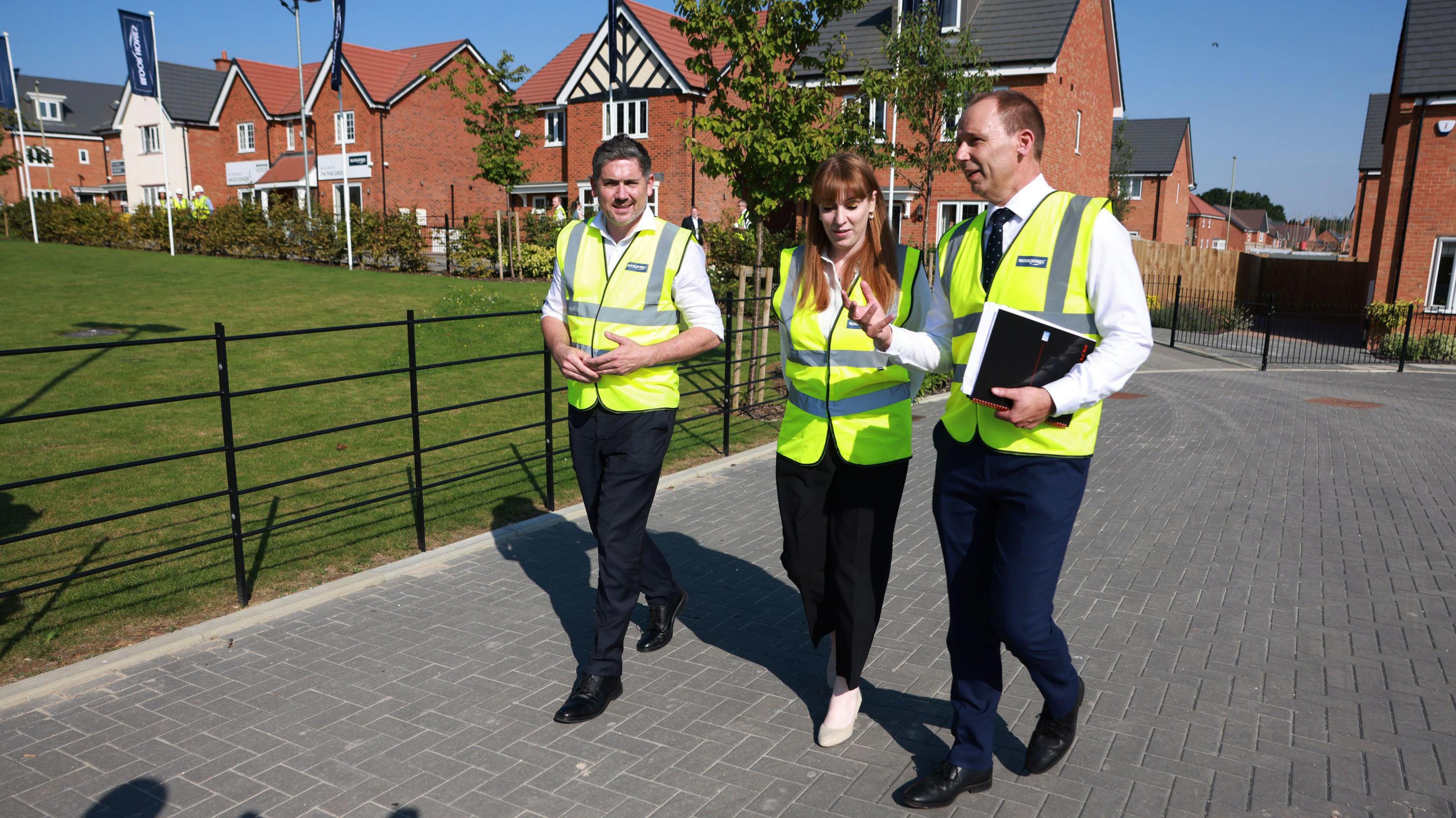Taskforce considers a new town near Milton Keynes
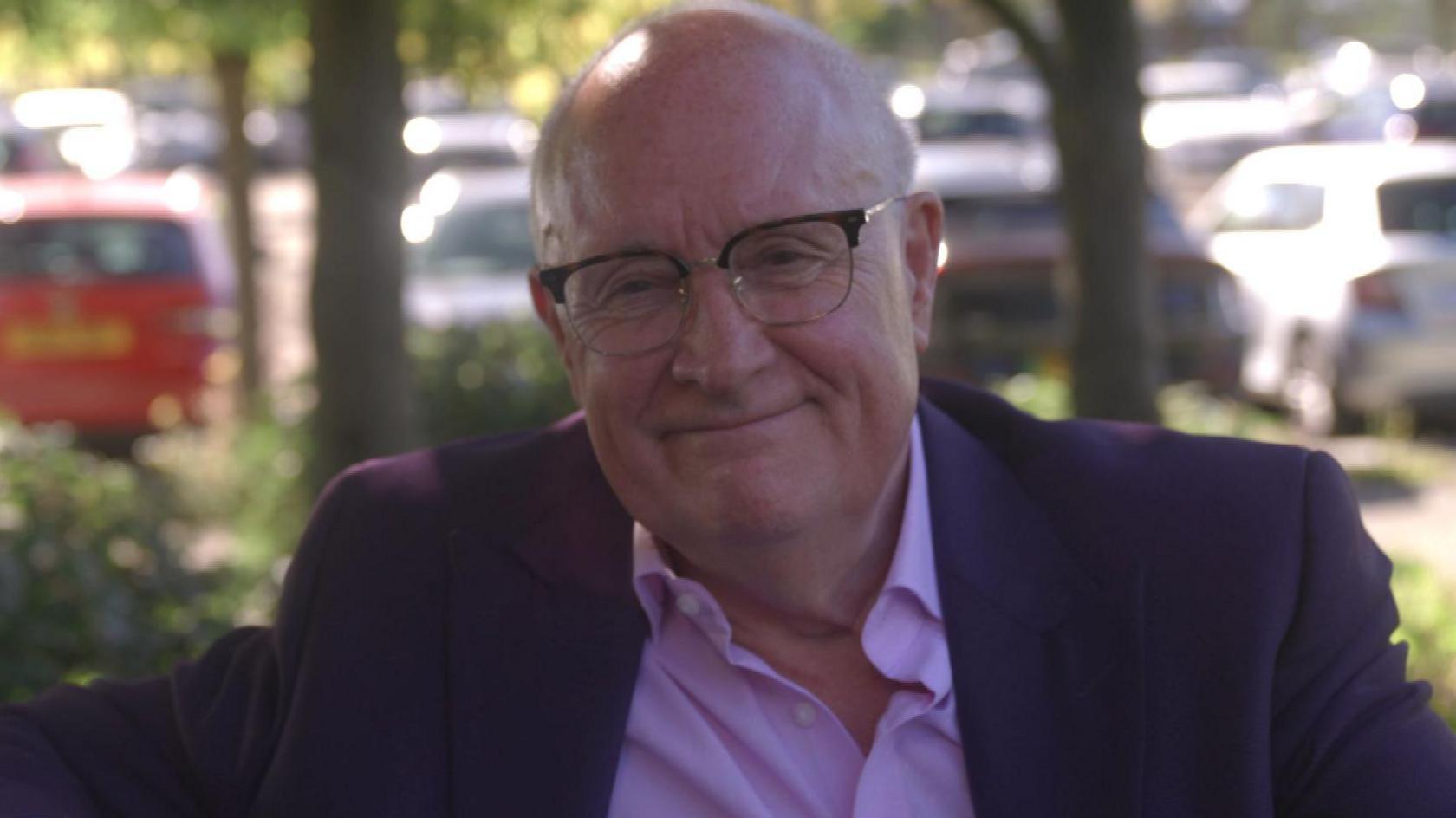
Sir Michael Lyons is leading the search for locations for new towns
- Published
There are “lots of reasons” to consider building a new town near Milton Keynes, according to the chair of a government taskforce.
Sir Michael Lyons said the city was “bound to be an area you look at” because it was in the M1 corridor and in between Oxford and Cambridge.
He made the comments while visiting the city with the New Towns Taskforce.
A city councillor, however, has called for a pause on the area’s development plans.
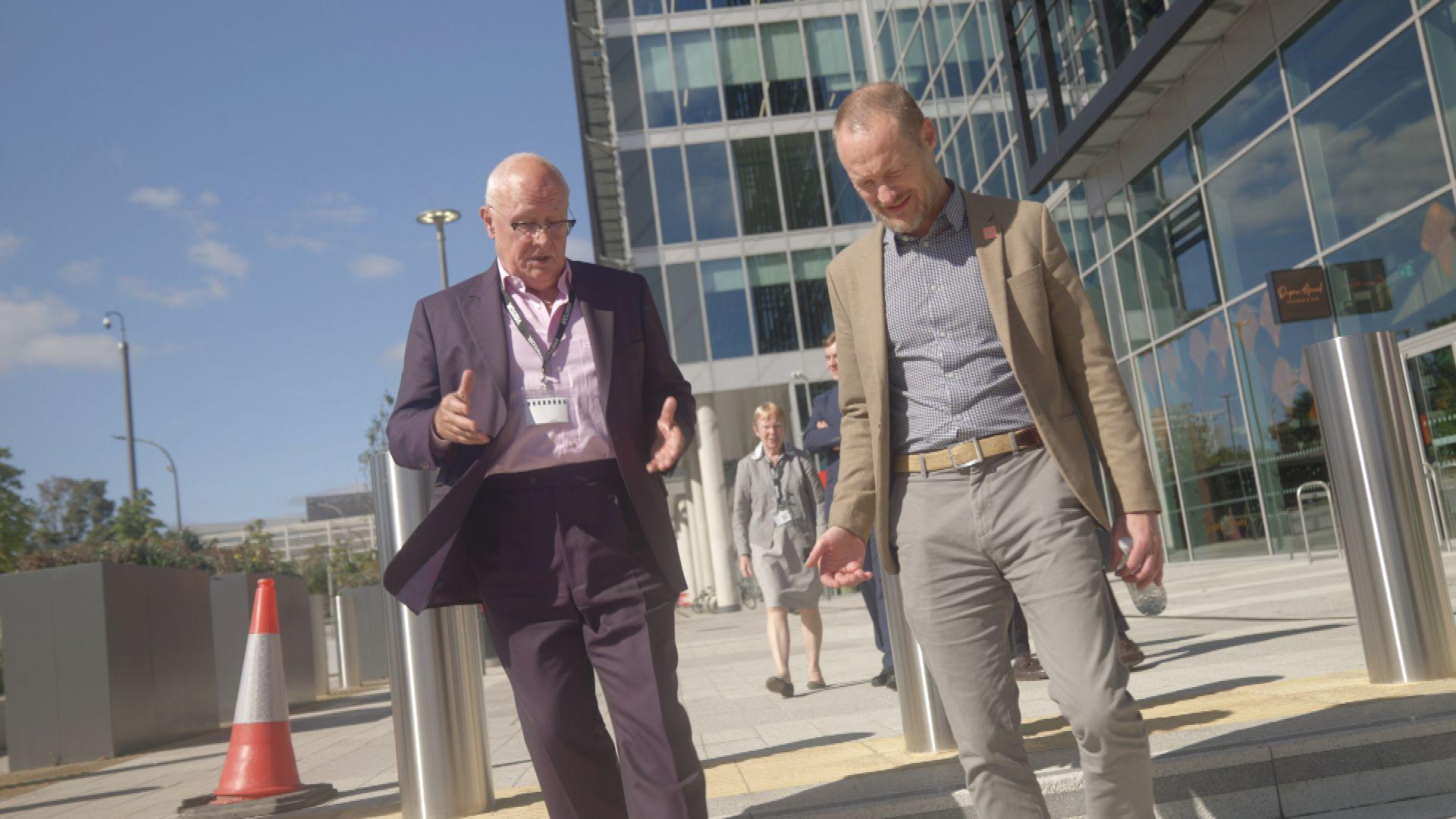
The New Towns Taskforce held its first meeting in Milton Keynes
The government set up the taskforce in July to identify sites for settlements of at least 10,000 homes each, as it tries to build 1.5 million homes over the next five years.
The taskforce held its first meeting in Milton Keynes, which Sir Michael said was “arguably the most successful of the post-war new towns, certainly in terms of scale”.
Sir Michael said it was “premature” to identify specific sites for more new towns.
But asked about building in the M1corridor around Milton Keynes, he said “in terms of economic growth, this area has considerable potential”.
Being both on the M1 and in between the university cities of Oxford and Cambridge “it’s bound to be an area that you look at in terms of where you can build and develop at less cost than might be necessary elsewhere, where’s there’s unmet housing need and where by building more homes you can contribute to economic growth in the country”.
“So there’s lots of reasons to look here, but it’s not the only place that we’re looking,” he added.
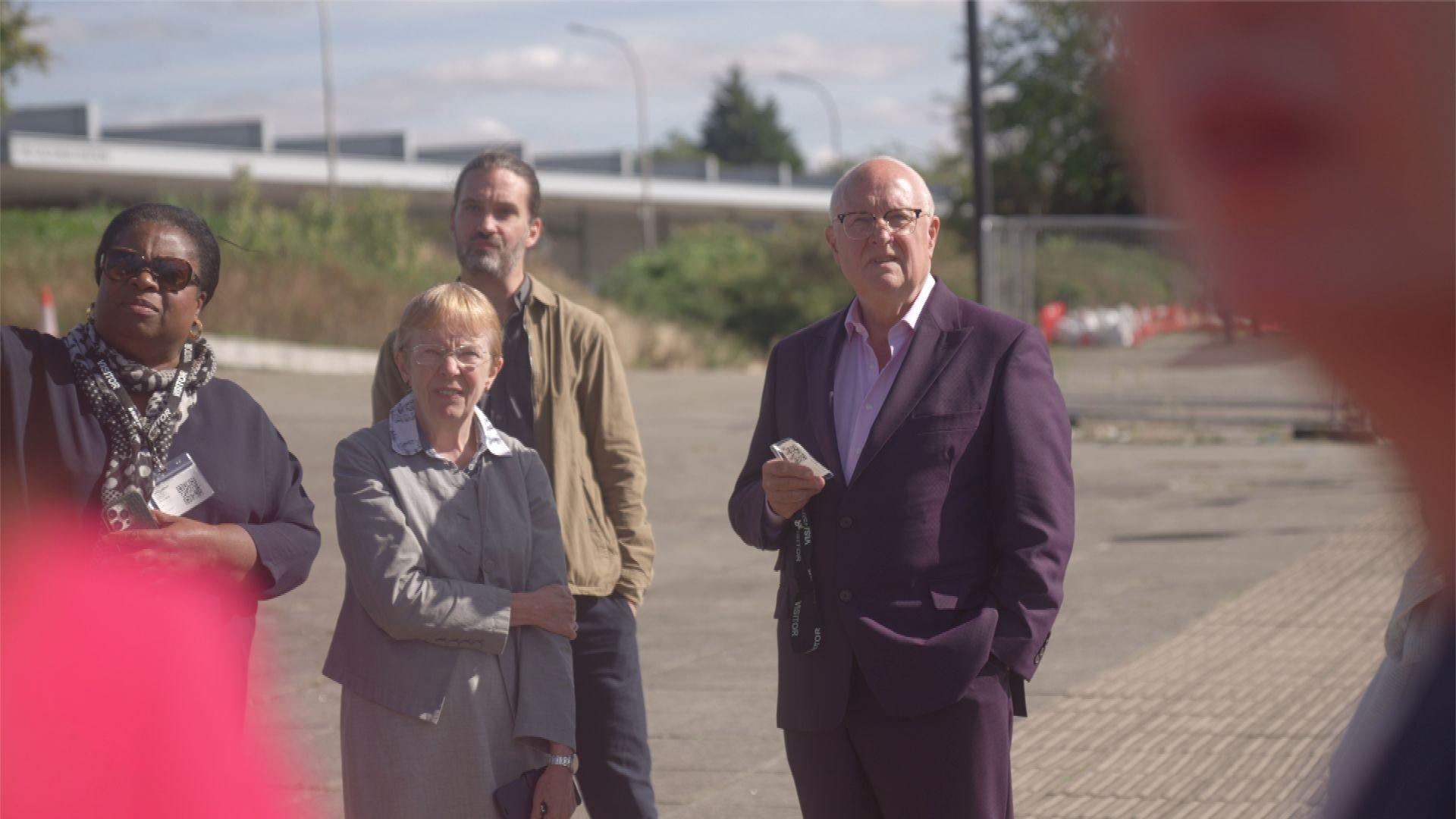
The taskforce visited Milton Keynes to hear how the city developed and learn lessons from its experience
The government has confirmed, external the make up of the ten-strong taskforce, which aims to make a set of recommendations to ministers next July.
They met in Milton Keynes to hear how the area had developed, as well as what lessons could be learned.
Sir Michael said “absolutely top of the list” of lessons from Milton Keynes was how it “managed to take its population with it” and “developed an appetite for growth”.
But he also said funding the maintenance of infrastructure was important. If key parts of towns were built at the same time, he said, they were likely to need fixing at the same time.
“If you’re going to do grand things in terms of public infrastructure, you simply have to fund the maintenance of them, otherwise they become a burden on later generations,” he said.
Milton Keynes, he added, was “built at the absolute heyday of our preoccupation with car-borne traffic” and had “only latterly come to realise the importance of public transport”.
“As we look at a zero-carbon future, there are lessons to learn here of what you can’t afford to do."
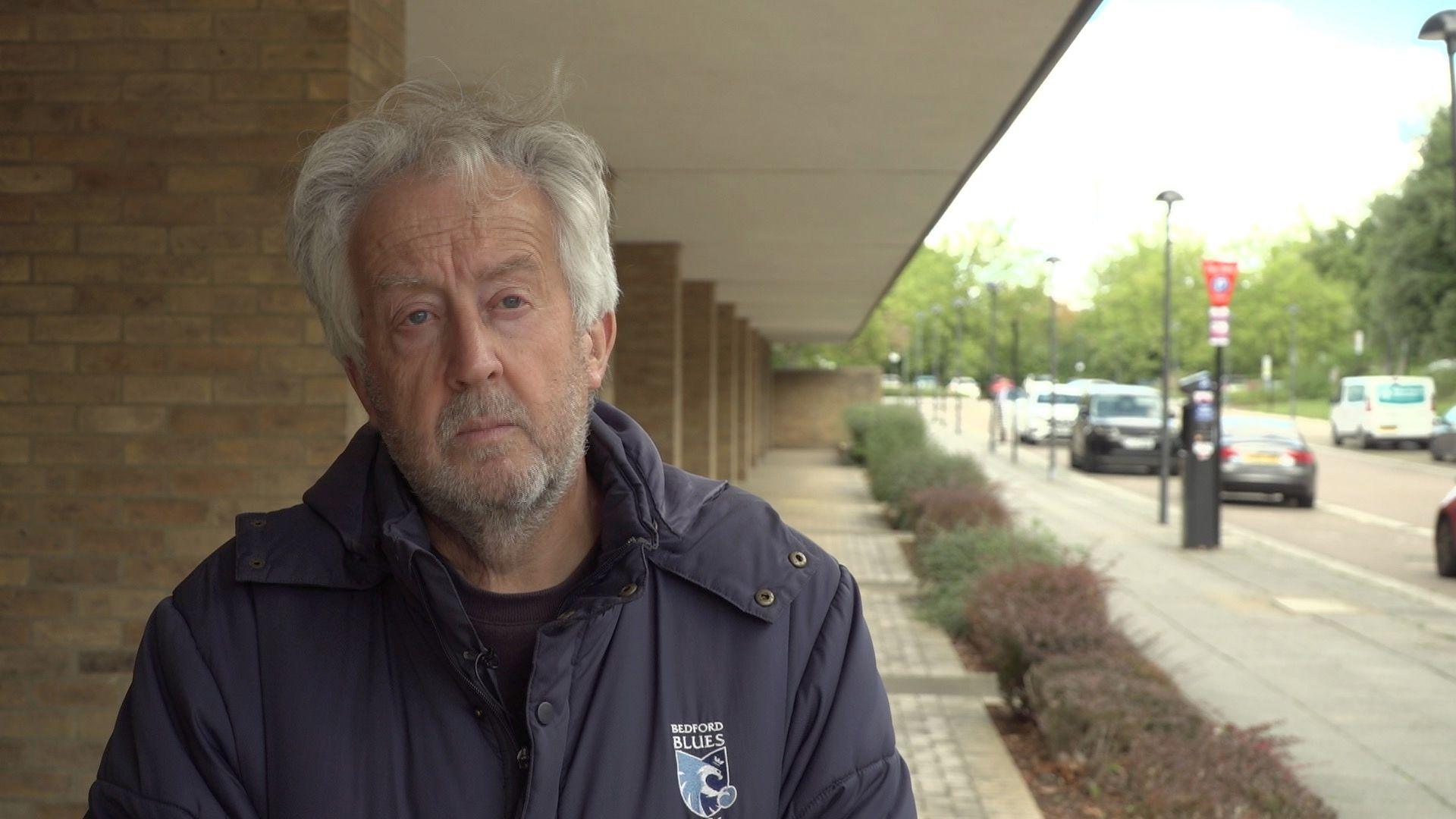
David Hopkins called for a "pause" in the development of Milton Keynes' local plan
David Hopkins, a Conservative who sits on Milton Keynes City Council, said the prospect of new housing and transport developments nearby meant the authority should pause the process of putting together its next local plan, which will govern how the area grows.
By building “another Milton Keynes” in the north of the authority’s patch and accommodating “infrastructure to support East West Rail”, he said, could mean a local plan is developed “which we then have to quite literally tear up and start again”.
“We will have wasted our time, and it’s not just the time, it’s taxpayers’ money,” he added.
Get in touch
Do you have a story suggestion for Beds, Herts & Bucks?
Follow Beds, Herts and Bucks news on BBC Sounds, Facebook, external, Instagram, external and X, external.
Related topics
- Published30 July 2024
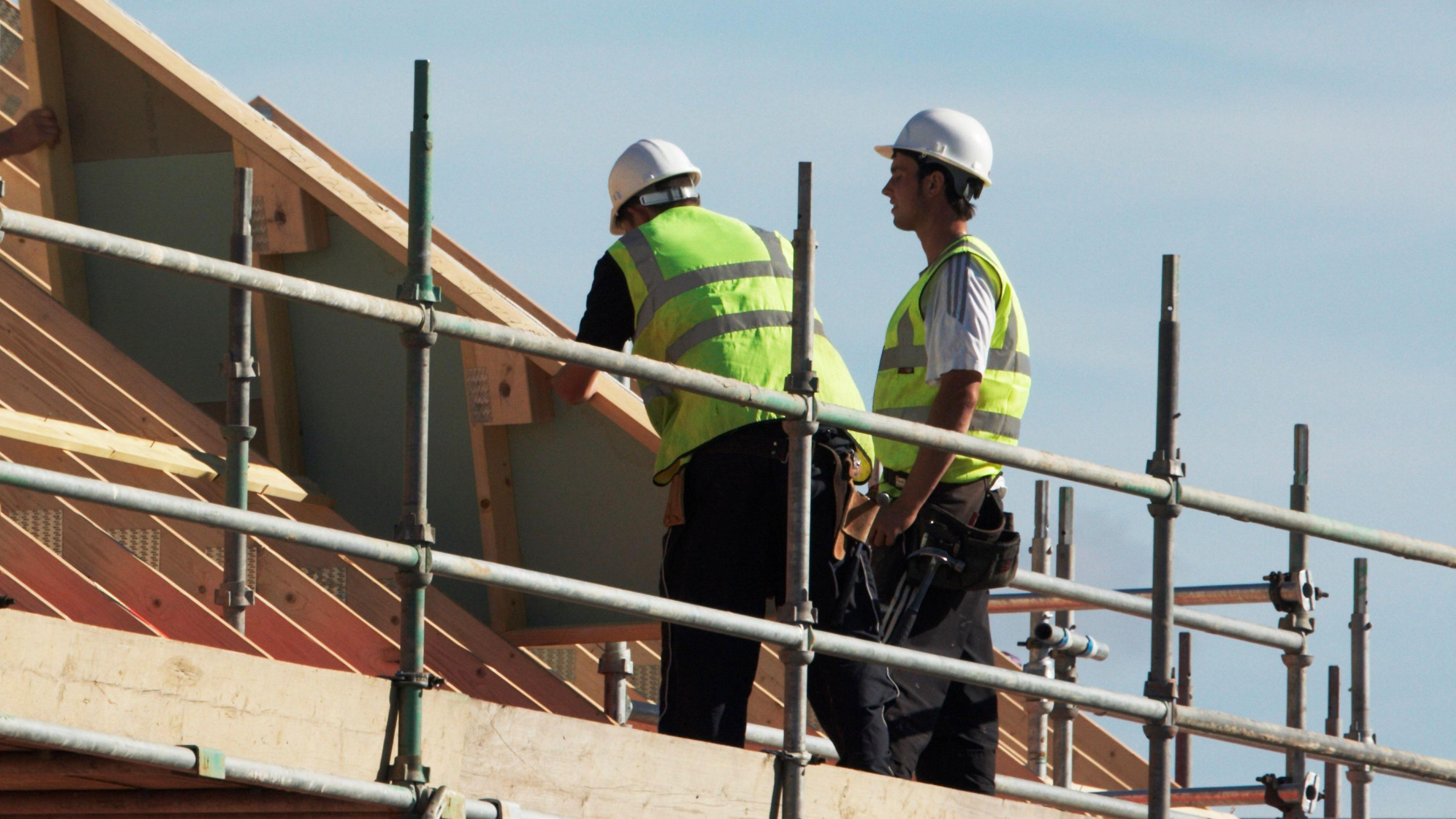
- Published2 August 2024
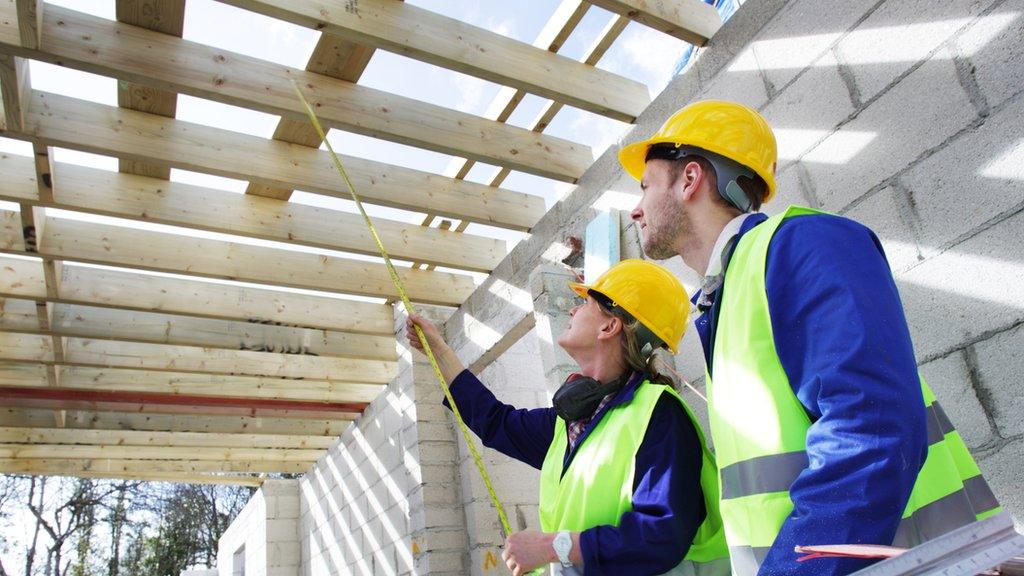
- Published6 August 2024
